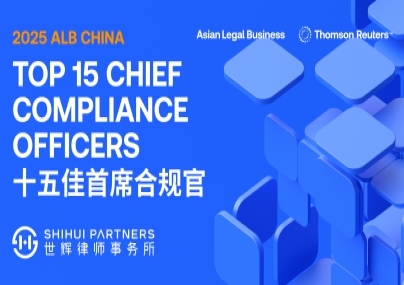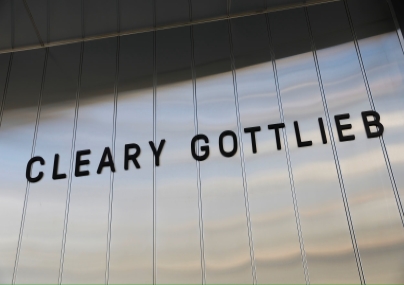This article first appeared on May 23, 2017 in ALB Insights, a weekly, ad-free newsletter that is sent to subscribers. To purchase your subscription, please email Amantha at amantha.chia@thomsonreuters.com or call her at +65 6870 3917.
The top financial centres of the world, especially Hong Kong, are eager to take part in China’s $1 trillion infrastructure investment project. Lawyers tell John Kang what work they’re expecting to do and how they’re preparing.
China’s ambitious One Belt, One Road (OBOR) initiative, which was first announced in 2013, took another step forward last week. Chinese President Xi Jinping hosted a massive international conference in Beijing to showcase the “project of the century”, which aims to connect infrastructures and economies across Asia, Europe, the Middle East, and Africa.
More than 60 countries are hoping to benefit from roads, ports, energy and other major projects. International financial centres and law firms, particularly in Hong Kong, are also expecting work from the $1 trillion programme, mostly by helping raise finances and facilitating trade for Chinese enterprises across the border.
Hong Kong is in a unique position to tap into the full potential of OBOR, says David Lam, a banking partner at King & Wood Mallesons. “Hong Kong has advantages from its proximity to China,” he explains. “Lawyers here are very familiar with executing deals involving China, especially in terms of language and culture. Hong Kong provides a sound platform for handling an international transaction involving Chinese enterprises.”
Hong Kong, which brands itself as “Asia’s world city”, is also attractive for international investors. “The familiarity of Hong Kong lawyers with English and New York law concepts, our skills in putting together sophisticated offshore structures to take advantage of bilateral and multilateral tax and investment treaties, our knowledge of project finance techniques and risk allocation methods should place us in the best position to advise Chinese and international investors, financiers, developers and operators of Belt and Road projects,” points out Elaine Lo, head of the China practice at Mayer Brown JSM in Hong Kong.
After the financing of projects, disputes will inevitably arise, and Hong Kong is also perfectly positioned as a go-to centre.
The former British colony's common law system and independent judiciary have made it the preferred Chinese city for conducting international business and resolving cross-border disputes, observes Lo. “Hong Kong's transactional lawyers had many years of experience assisting multinational clients to execute complex, large-scale infrastructure investment and financing projects inside mainland China during the 1980s to 1990s. They have also advised Chinese clients with similar projects in South and Southeast Asia, Central Asia and Europe over the past decade,” she explains.
BUILDING ON CONSTRUCTION
The biggest opportunity for OBOR-related legal work in Hong Kong at this very early stage is for construction lawyers. “Contractors, developers and consultants can join with Chinese enterprises and go out onto the Belt and Road in joint ventures and offer their services, either to build infrastructures or to administer the building of infrastructures,” says Paul Starr, head of infrastructure and dispute resolution at KWM in Hong Kong.
He also cites the need for assistance in helping administer construction and infrastructure contracts. “Hong Kong construction lawyers can have a very big role from an international perspective on helping to assess risks on the Belt and Road.”
To prepare for OBOR work, KWM has set up a special interest group consisting of key partners globally focused on the initiative. The firm also recruited construction partner Donovan Ferguson from Ashurst in February and appointed Sam Farrands as the head of projects from Australia’s MinterEllison last month.
Mayer Brown JSM has formed a special committee to provide OBOR-related legal advisory work, in conjunction with the firm’s PRC associated law firm, Jingtian & Gongcheng.
The firm also hired PE partner Robert Woll, who has experience in project finance, from local firm Deacons at the start of the year, and is planning more hires in its global energy, infrastructure, and project finance teams.
To contact the writer, please email john.kang@tr.com


